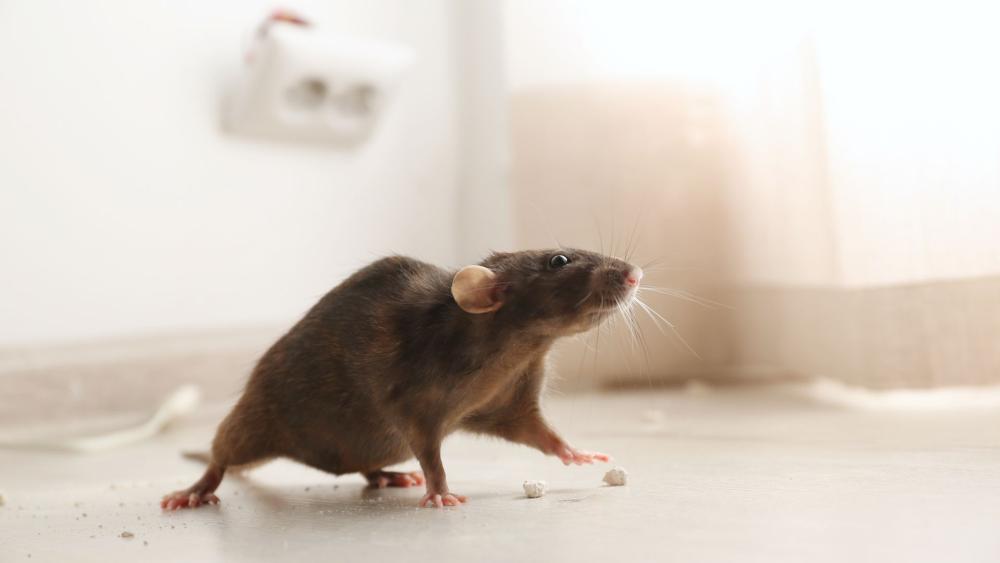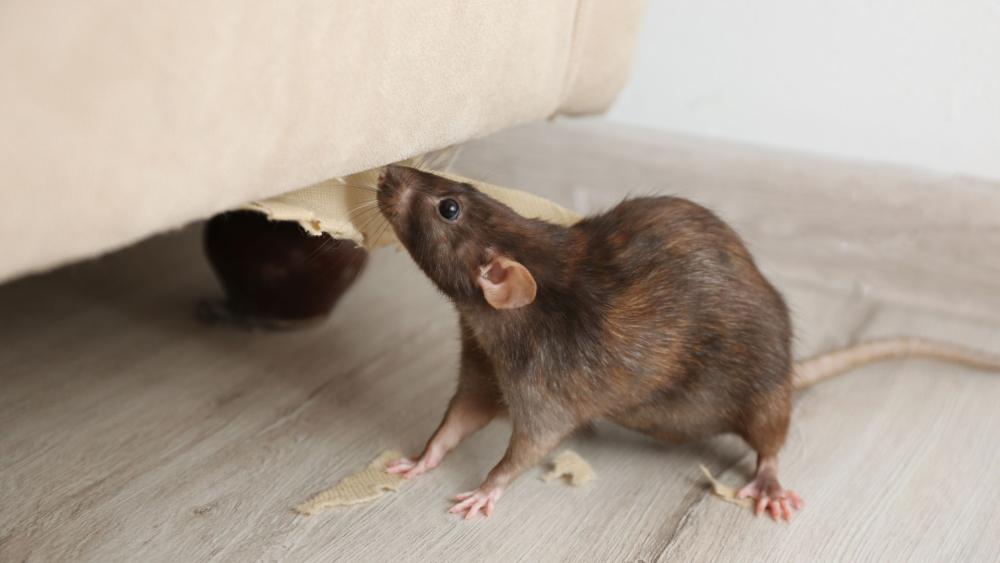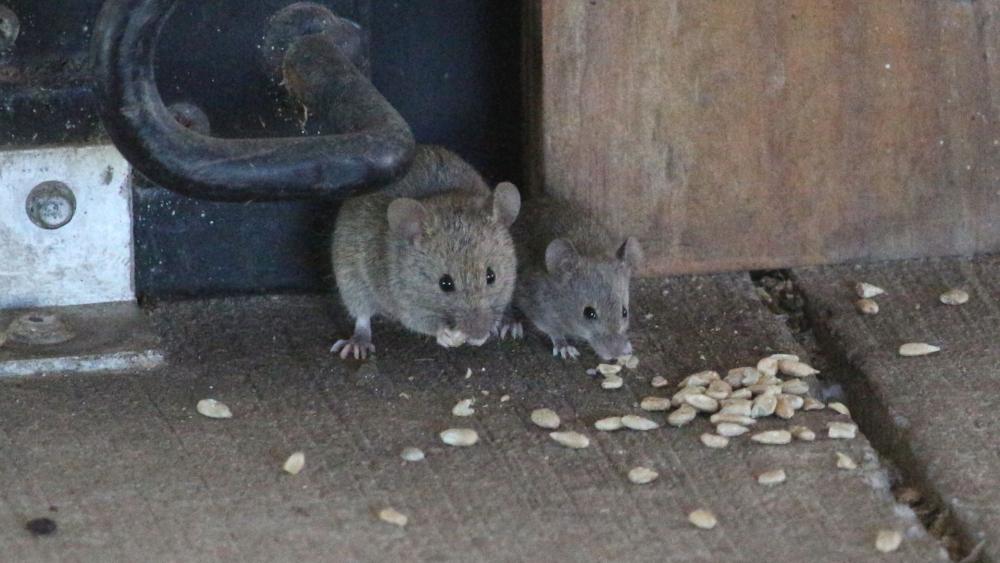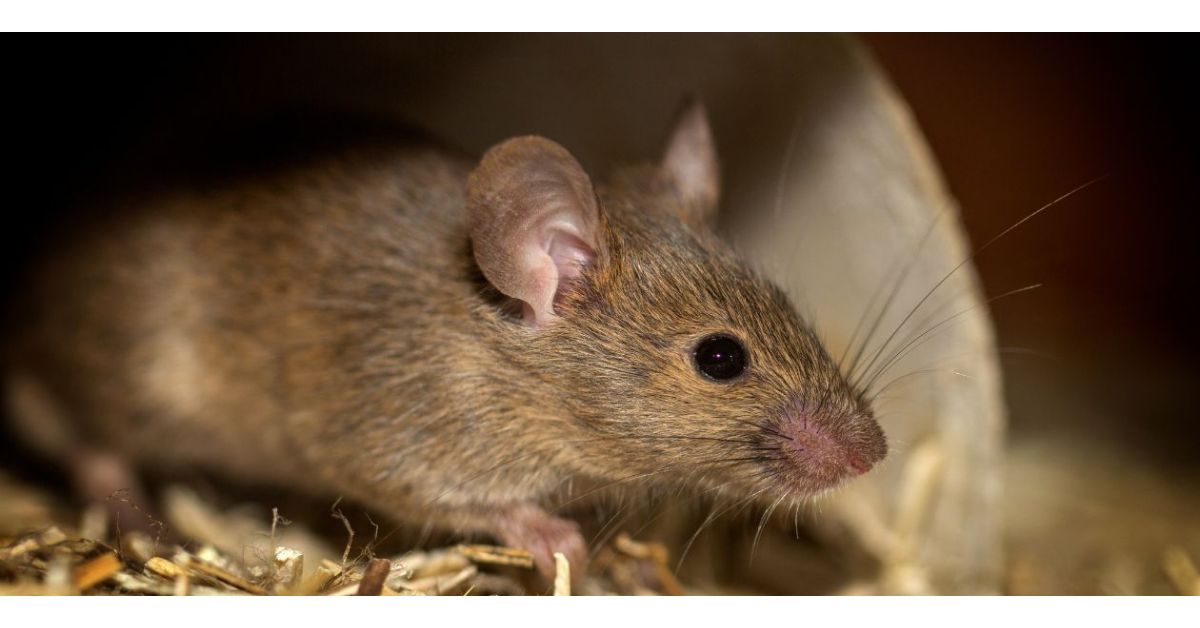How Do I Get Rid Of Rats And Mice Permanently?
Mice, rats, and other rodents can be a considerable nuisance when they invade your home. They can contaminate food, spread diseases, and damage property. But, if you are searching for the best ways to make rodents go away, you have come to the right place. In this blog post, we will discuss identifying the type of rodent you have, how to make them go away, and how to prevent them from returning.
Common Rodents That Invade Your Home
It's essential to be able to recognize the different types of rodents that may invade your house so you can take the necessary steps to remove them. Roof rats, for example, are good climbers and are typically found in attics or upper cabinets.
On the other hand, Norway rats are often found in basements or lower cabinets. House mice are the most common type of mouse found in homes. They are attracted to food sources and can squeeze into tiny spaces.
Rodent Identification And Inspection
There are many different types of invasive rodents that can become pests in your home, but the most common are mice and rats. These unwelcome furry visitors can cause damage to your property and spread disease, so it is crucial to be able to identify them and take steps to prevent them from taking up residence in your home.
Mice are small, typically measuring just a few inches long from nose to tail. They are light brown or gray, with large ears and a long tail. One of the easiest ways to tell if you have a mouse problem is to look for droppings near pet food or in cupboards and drawers. Mice are also attracted to kitty litter and dog food, so these can be signs that you have an infestation.
Rats are noticeably larger in size than mice and tend to be darker in coloration, with black or brown fur. In addition, Norway rats' tails are typically shorter than their bodies, and they have smaller ears relative to their head size. Rats also leave droppings near areas where they find food, so look for these around pet food bowls or in cupboards and pantries. Another way to detect if you have rats is by looking for gnawed holes in food packaging or evidence of chewing on wood or insulation.
If you suspect you have rodents in your home, it is critical to take steps to eliminate them as soon as possible.

Rats can chew through walls and make an unsanitary mess quickly.
How Do You Make Rodents Go Away?
If you're dealing with a rodent infestation, there are a few things you can do to get rid of them for good. First, take a look at your pest management practices.
Are there any entry points that rodents could use to enter your home? If so, seal them up. You can also deter mice by cleaning up any food crumbs and ensuring no water is available for them to drink.
If you already have mice infesting your home, you can try to repel them with strong-smelling essential oils or catch them in a trap. Whatever method of trapping you choose, make sure you're persistent - it may take a few tries to get rid of all the mice.

Rats and mice may damage your furniture and upholstery and can occasionally make nests inside.
Key Rodent Control Considerations
If you are considering baits as part of your rodent control strategy, it is important to use them safely and effectively. One key consideration is the use of bait stations. Bait stations are designed to protect baits from non-target animals and weather while keeping children and pets safe.
Research has shown that rodents consume baits more often when they are placed within bait stations, making them an effective tool for control. In addition, bait stations help keep baits fresh and potent, ensuring they effectively control the rodent population. When used correctly, bait stations can be a safe and effective way to control rodents.
Two quality bait stations we highly recommend are the Protecta Mouse Bait Stations and the Aegis Mouse Bait Station. You can also order a combination package that contains both baits and the bait station if you choose the Aegis Mouse Bait Station with Resolv Soft Bait Kit. These bait stations hold the bait in place and can be used both indoors and outdoors at your discretion.
Mice Control:
There are two main methods of mice control: baiting and trapping. Baiting involves placing a small amount of poison bait in areas where mice are likely to travel. The mice eat the bait and die. Trapping involves setting traps in potential mouse travel areas and waiting for the mice to be caught in the trap.
Resolv Soft Bait Rodenticide and Flatline Soft Bait are two common types of mouse bait. Provoke Mouse Attractant is a common type of mouse attractant that you can use to help increase the success of trapping. If you have a mouse problem, baiting or trapping are both effective methods of control. Be sure to use enough traps or bait to catch mice and achieve your desired results.
Rat Control:
Like with mice, trapping is one of the most common methods used for rat control. Trapping involves placing traps in strategic locations where rats are known to frequent. If the rats are not responding to the traps, it is vital to change the location of the traps.
Some of the most popular traps include Trapper T Rex Rat Traps and Protecta Evo Tunnel. Baiting is another method that you can use for rat control. Baiting involves placing bait in areas where rats are known to frequent.
The bait attracts the rats, which then get poisoned when they feed on the bait. Some of the most popular baits include TakeDown Soft Bait and Contrac Pellets.

Mice are experts at squeezing through and hiding in tight spaces. It’s important to check cracks and crevices, and even behind appliances like your refrigerator or oven.
Get Rid Of Mice Naturally
While mice can be trapped and killed, many people prefer repelling them.
There are several household items that can help repel mice, including steel wool, spray bottles with essential oil, and dryer sheets. Steel wool repels mice, so stuffing it into cracks and crevices can help deter them from entering your home.
You can also make a mouse repellent by combining water and essential oils, such as peppermint oil, in a spray bottle and generously spraying it around your home. You can also use peppermint oil-soaked cotton balls to repel mice near entry points.
Dryer sheets contain chemicals that mice hate the smell of, so placing them strategically around your property can also help keep them away.
Rodent Prevention
One of the best ways to prevent rodents from entering your home is to eliminate potential mouse food sources. Store all food, including cat and dog food, in sealed containers. Be sure to immediately clean up any crumbs or spills, as even a tiny amount of food can attract mice.
In addition, mouse droppings can contaminate surfaces and food, so it is important to keep your home clean. If you do see mouse droppings, be sure to disinfect the area thoroughly.
Another way to prevent rodents is to catch them before they have a chance to enter your home. You can bait mouse traps with various foods, such as peanut butter, cheese, or even honey.
There are also a number of different types of mouse traps available, so you can choose the one that best suits your needs. By taking these simple preventative steps, you can help to keep your home rodent-free.
Do-It-Yourself Pest Control, Your Rodent Experts
If you're seeing signs of rodents in your home, it's crucial to take action quickly. Not only are they a health hazard, but they can also significantly damage your property. The good news is that professional-grade products are available to help you get rid of mice and other rodents quickly and effectively.
From rodenticide baits to traps and beyond, we have a rodent control solution perfect for your situation. So don't wait – check our selection of rodent control products today and call us for any assistance! Our team of rodent control experts is here to help.




